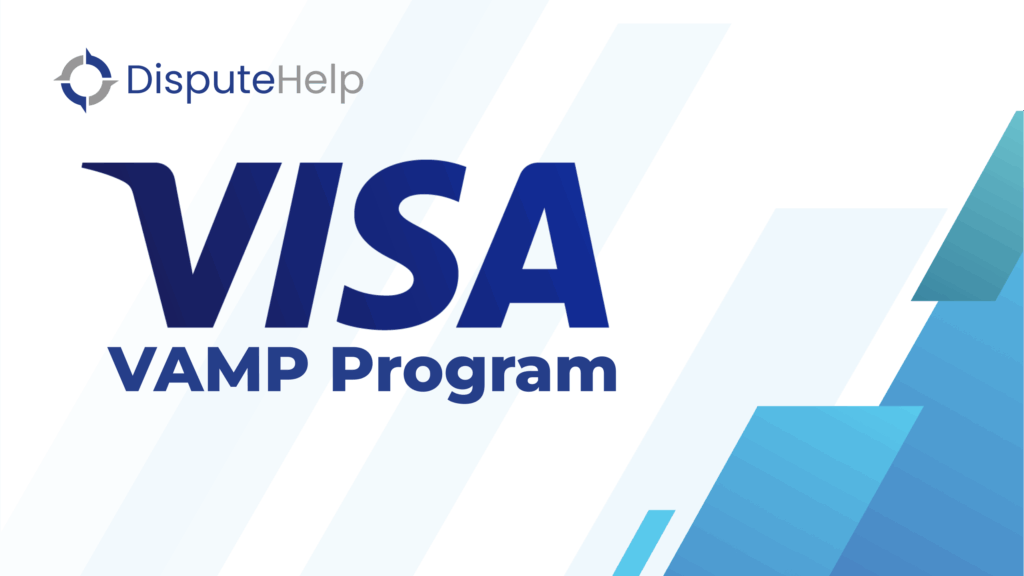The Role of Chargeback Management Reporting
Managing thousands of merchant accounts means every dispute, reversal, and resolution affects the bigger picture. Without accurate, consolidated reporting, MSPs are left making decisions based on incomplete information. That can lead to missed warning signs and costly remediation programs from the card networks.
Chargeback management reporting transforms raw dispute data into insights that drive action. By tracking KPIs across an entire merchant portfolio, MSPs can detect risk early, compare performance against network thresholds, and demonstrate to merchants that they are invested in their long term success. Integrating this capability into a dispute management strategy turns reporting from a passive record keeping function into a proactive decision making tool.
KPIs That Matter Most to Merchants
While MSPs may track dozens of metrics, several KPIs consistently prove to be the most valuable for operational efficiency, compliance, and revenue recovery.
Chargeback to Transaction Ratio
This is the most watched metric by the card networks. A rising ratio signals heightened risk of penalties or account closures. MSPs that monitor this across their portfolios can step in before merchants cross critical thresholds, protecting both parties from regulatory fallout.
Dispute Resolution Timeframe
Speed matters. The faster a dispute is resolved, the lower the operational cost and the better the merchant experience. Monitoring average resolution time helps MSPs identify bottlenecks and assess whether automation through chargeback management solutions is improving efficiency.
Win Rate in Representments
For merchants, the percentage of disputes won through representment directly impacts revenue recovery. MSPs should track win rates portfolio wide and work with merchants to improve evidence submissions, often using representment services to standardize and strengthen cases.
Fraud to Sales Ratio
This KPI isolates fraudulent transactions from overall disputes, providing early warning of targeted fraud attacks. It is especially critical for merchants in high risk verticals where fraud attempts are persistent and sophisticated.
Alert Resolution Rate
Measures the percentage of alerts resolved before a chargeback is filed. High resolution rates typically correlate with lower chargeback ratios, making alert programs such as chargeback alerts an important component of dispute prevention.
Turning KPIs Into Merchant Retention Drivers
Reporting is not just about keeping score, it is a retention tool. When MSPs share KPI trends with merchants, they open the door to collaborative improvement. For example, showing a merchant that their alert resolution rate has improved month over month demonstrates tangible value from the MSP’s services.
Transparency also builds trust. Merchants are more likely to stay with providers who can prove they are actively managing risk, preventing losses, and protecting their processing capabilities. By packaging KPI insights into merchant facing dashboards, MSPs can make these benefits visible and measurable.
Leveraging DisputeHelp for KPI Driven Portfolio Growth
DisputeHelp’s solutions are built to capture, consolidate, and present KPI data in ways that drive action. MSPs can access unified reporting across all major dispute prevention and resolution services, including Verifi Order Insight, Ethoca Consumer Clarity, Visa RDR, Mastercom Collaboration, and more.
Because the platform is fully white label capable, MSPs can present KPI data under their own brand, reinforcing their role as the merchant’s strategic partner. Automated data collection reduces manual work, while real time reporting allows both MSPs and merchants to respond quickly to negative trends.
Next Steps, Building a KPI Focused Reporting Strategy
To fully realize the benefits of KPI driven reporting, MSPs should align tracked metrics with portfolio goals. A merchant with high fraud exposure may prioritize fraud to sales ratio, while one nearing network thresholds may focus on chargeback to transaction ratio.
Training merchant facing teams to interpret and act on KPI trends is equally important. The most sophisticated reporting is only valuable if the insights are used to make informed, timely decisions. Leveraging dispute prevention tools alongside KPI monitoring can create a full circle strategy that protects revenue and merchant relationships.
Ready to Make KPIs Work for You?
If your portfolio’s reporting is not delivering actionable insights, DisputeHelp can help you put the right metrics at the heart of your strategy. From fraud prevention to revenue recovery, our solutions make it easier to track, interpret, and act on the KPIs that matter most to your merchants. Reach out to our team to learn how we can help you transform reporting into growth.
Why DisputeHelp?
DisputeHelp offers scalable, white label chargeback prevention, resolution, and recovery solutions designed for MSPs managing large, diverse portfolios. Our unified platform integrates with all major dispute management networks, automates evidence collection, and delivers KPI rich reporting to drive better outcomes. By helping you prevent disputes, reduce chargebacks, and recover lost revenue at scale, we give you the competitive advantage needed to retain merchants and grow processing volumes.
FAQs: Chargeback Management Reporting for Merchants
What is chargeback management reporting?
Chargeback management reporting tracks and analyzes dispute and chargeback data to provide actionable insights for reducing risk and improving recovery. DisputeHelp offers reporting tailored to MSPs, helping them see portfolio wide trends in real time.
Which KPIs are most important to track?
Key KPIs include chargeback to transaction ratio, dispute resolution time, win rates, fraud to sales ratio, and alert resolution rate. DisputeHelp’s solutions help automate the tracking and visualization of these metrics.
How does KPI tracking help merchant retention?
Transparent KPI reporting builds trust, highlights improvements, and demonstrates ROI, making merchants more likely to stay. DisputeHelp enables MSPs to share branded KPI dashboards with merchants.
Can KPI reporting reduce operational costs?
Yes. By pinpointing process inefficiencies, KPI reporting allows MSPs to optimize workflows and reduce dispute resolution costs. DisputeHelp’s automation tools enhance these efficiencies.
Does DisputeHelp’s reporting integrate with existing systems?
Absolutely. Our platform supports API, dashboard, and email integration, making it easy to embed KPI insights into your current operations. Contact us here to learn how we can integrate with your systems.



